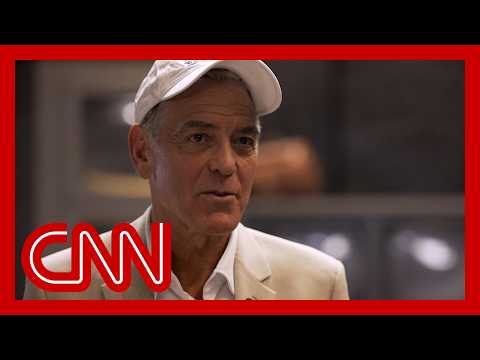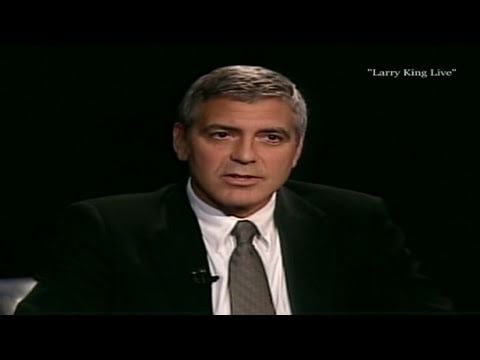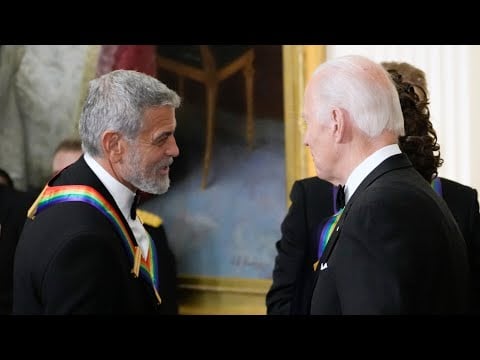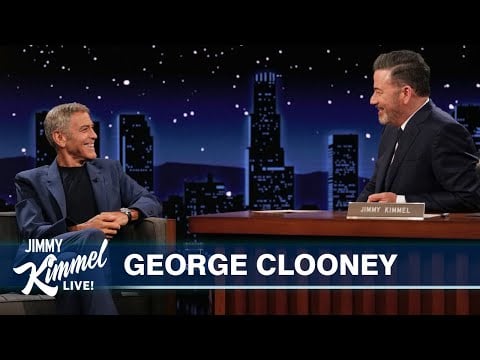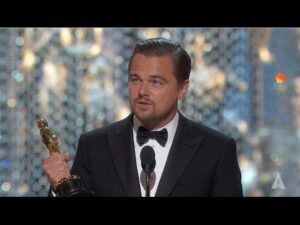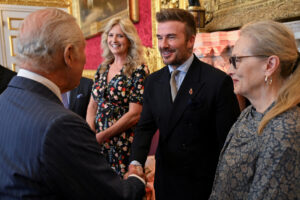Is George Clooney a Deep State Asset?
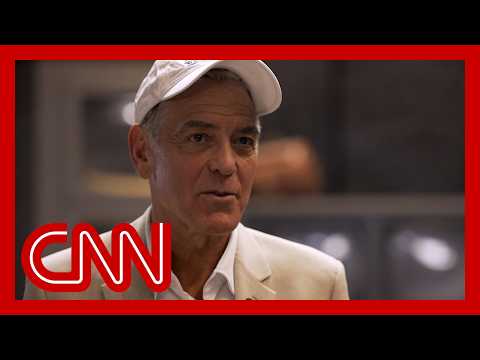
George Clooney is everywhere—onstage, onscreen, at Biden fundraisers, in Sudanese war zones and conveniently, at the crossroads where Hollywood, globalism, and U.S. foreign policy always seem to meet.
Most people see the smile. The charm. The tailored suits and the polite outrage. But look again. Strip away the applause and the Armani, and what you’re left with isn’t a leading man. It’s a middleman—specifically, a middleman for power.
The phrase “deep state” has been distorted by overuse, becoming a cartoonish utterance. Forget the caricature. A deep state asset is, at its core, someone unelected yet profoundly influential. Someone who helps shape public opinion while never appearing on a ballot.
Clooney may not carry a badge, but functionally, he’s as useful to the apparatus as anyone in Langley.
Let’s rewind two decades. While most Americans were tuning out geopolitical noise, Clooney became the face of intervention in Sudan. Why? Because Sudan was on the Pentagon’s regime-change wishlist. Right there, under Wesley Clark’s infamous “seven countries in five years” plan.
Clooney didn’t challenge that agenda—he helped soften it. “Good Night, and Good Luck” was never just a film. It was a mission statement.
Clooney wasn’t content with acting; he wanted to be seen as a public conscience. The movie, centered on Edward R. Murrow’s televised showdown with Senator McCarthy, painted Clooney as a modern defender of truth against state overreach.
That wasn’t an accident. It was a calculated transformation, from charming actor to trusted moral authority. And it worked.
But the timing matters.
Shortly after burnishing his credibility with the liberal elite, Clooney launched the Satellite Sentinel Project—a real-world extension of that same narrative. Only this time, the authoritarian threat wasn’t McCarthy. It was Sudan.
And instead of news broadcasts, the medium was satellite surveillance. This wasn’t some scrappy humanitarian venture. It was policy laundering through celebrity—a way to repackage state surveillance as civil society activism. A PR arm for U.S. intelligence interests, run out of Hollywood.
Essentially, soft power with a media halo. And it never stopped.
From Libya to Syria to Ukraine, Clooney’s PR instincts seem wired to a State Department calendar. His documentaries, op-eds and award-show speeches always align with elite Atlanticist interests. He’s not ahead of the curve. He is the curve—prepping the public for the next moral intervention.
While you were watching the red carpet, he was already in the Situation Room—metaphorically, if not literally.
Then there’s Amal Clooney.
Their marriage is not just photogenic—it’s geopolitical. A merger of media power and elite legal infrastructure. If George is the velvet glove, Amal is the polished briefcase.
Now, fast-forward to July of last year. After co-hosting the biggest Democratic fundraiser in history, Clooney published a slick hit piece in The New York Times calling for Joe Biden to step aside. Framed as a civic duty. Applauded as moral clarity. But make no mistake—it was regime management. Not rebellion, not resistance.
The same man who raised millions for Biden flipped the switch just weeks later. The public called it brave. The machine called it right on time.
Clooney was a longtime Obama confidant and a lifetime member of CFR (Council on Foreign Relations). For those unfamiliar, the CFR isn’t a social club. It’s where foreign policy gets soft-launched, a breeding ground for war architects, intelligence veterans and globalist consensus.
If a talking point about “democracy” in some far-off oil-rich country suddenly becomes gospel across networks, chances are it passed through CFR first.
Obama’s ties to the CFR helped shape his foreign policy doctrine—drone warfare dressed up as diplomacy, regime change sanitized with speeches. That Clooney moved in the same circles wasn’t a coincidence. It was alignment. And alignment, in this game, is everything.
When the regime needs trust, it doesn’t send a bureaucrat. It sends Clooney. When the surveillance state needs rebranding, when war needs a moral gloss, when globalist policy needs a digestible face—they don’t call Congress.
They call Clooney.
His work is never disruptive; it’s always adjacent to power. From UN photo ops to Davos panels, from carefully timed and placed essays to Netflix documentaries, Clooney doesn’t challenge the empire; he curates its image.
He sells surveillance as compassion. He dresses regime change in a black tie. And the public eats it up—because he’s funny, self-deprecating and never berates.
That’s the trick. He doesn’t propagandize.
This is what elite capture looks like in 2025. It’s not a general barking orders. It’s a likable actor on Colbert or Kimmel, gently nudging your worldview.
The CIA doesn’t need to launder narratives anymore. Clooney does it for free, and he wins awards for it.
So when “Good Night, and Good Luck” airs live on CNN , remember: the real drama isn’t Murrow vs. McCarthy—it’s Clooney vs. clarity.
Some will cheer. Some will change the channel. But Clooney? He’ll smile, adjust his cufflinks and keep doing what he does best: making propaganda feel like primetime.
The post Is George Clooney a Deep State Asset? appeared first on Hollywood in Toto.
